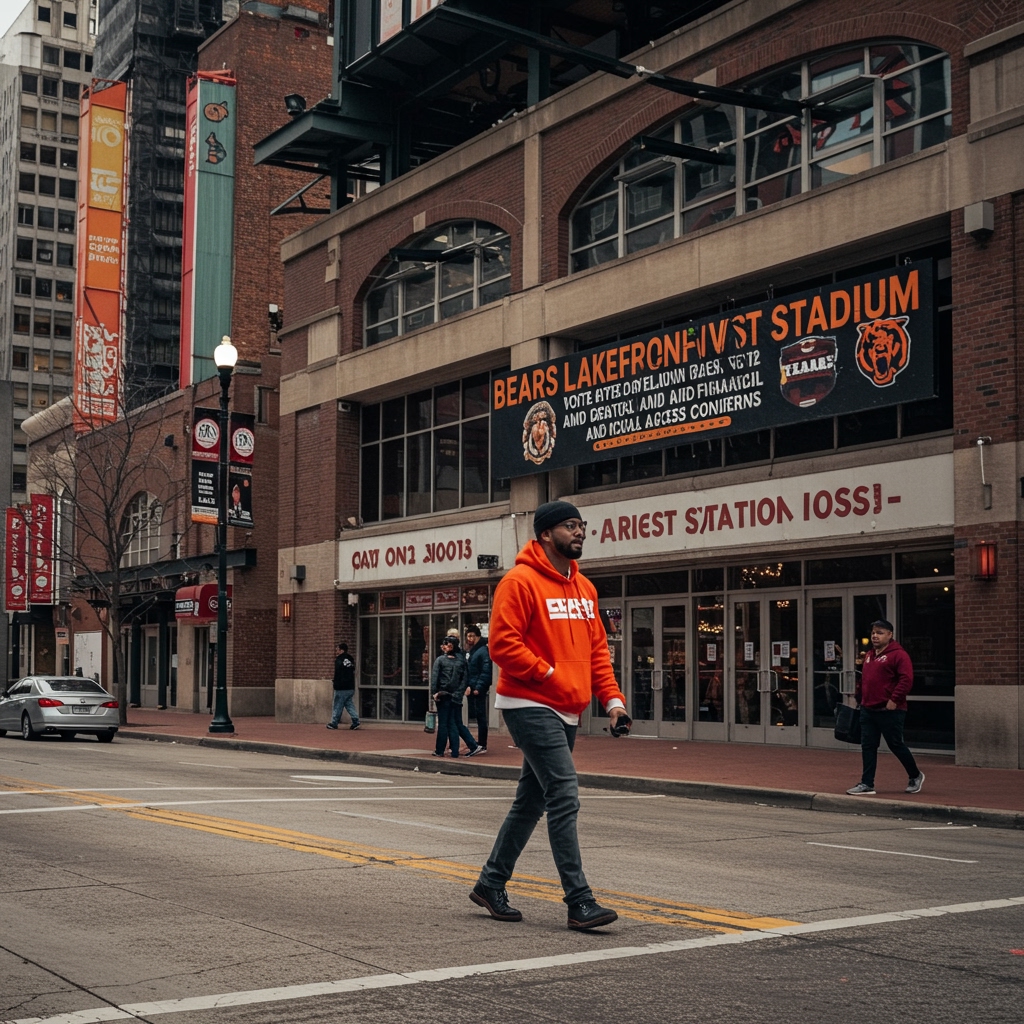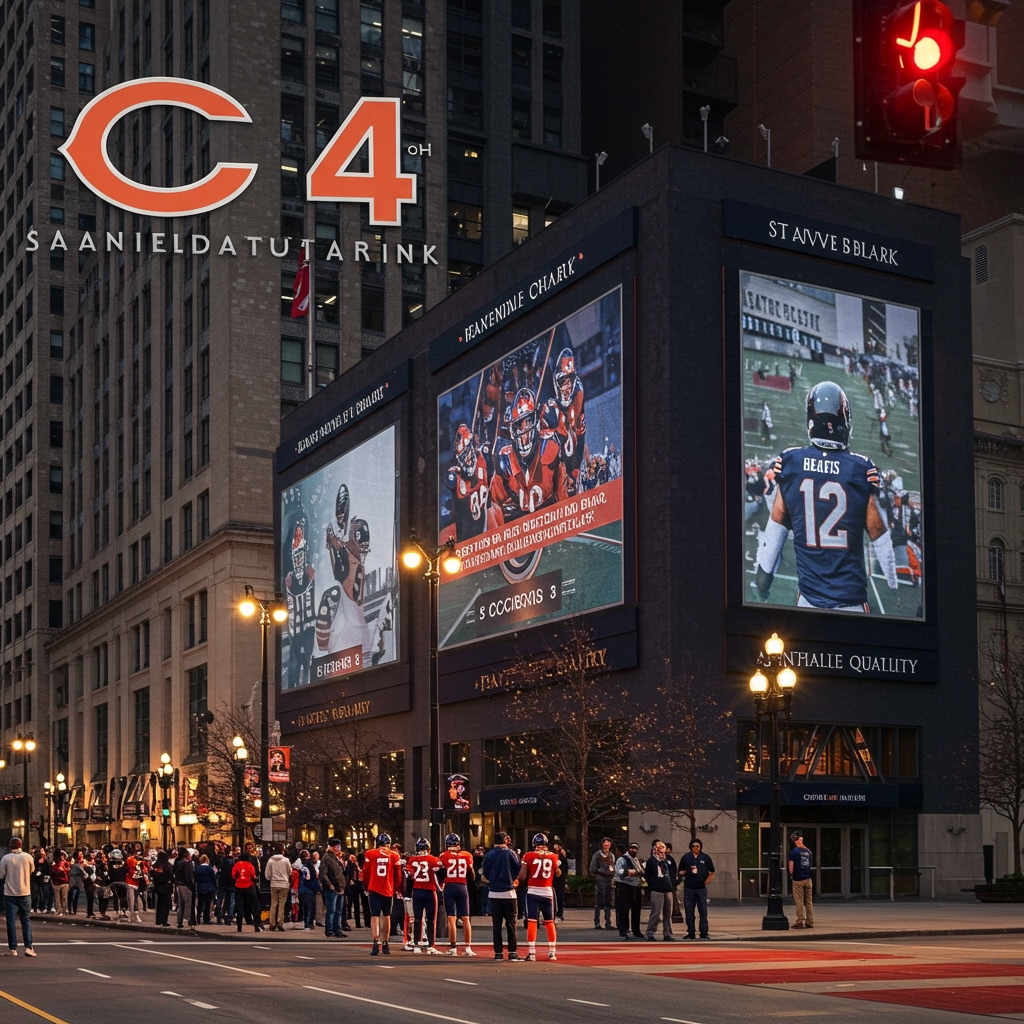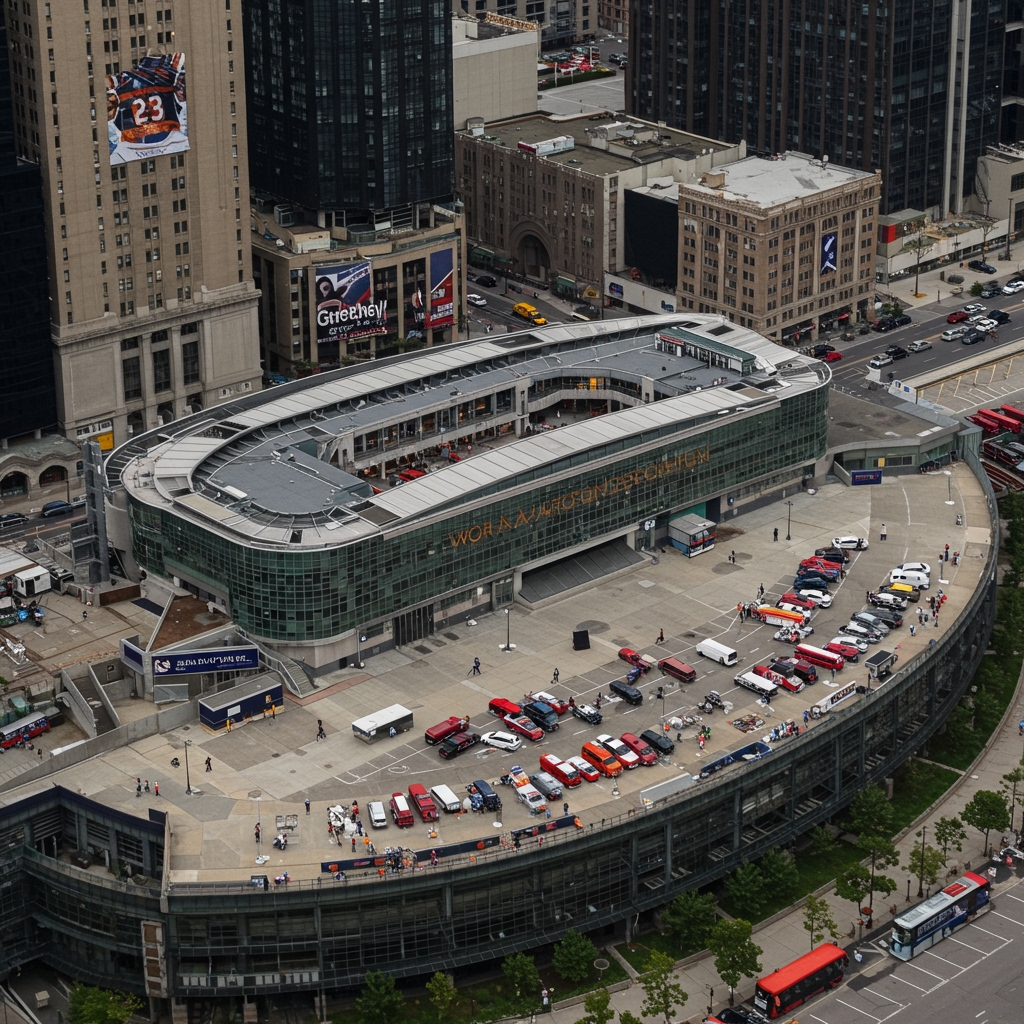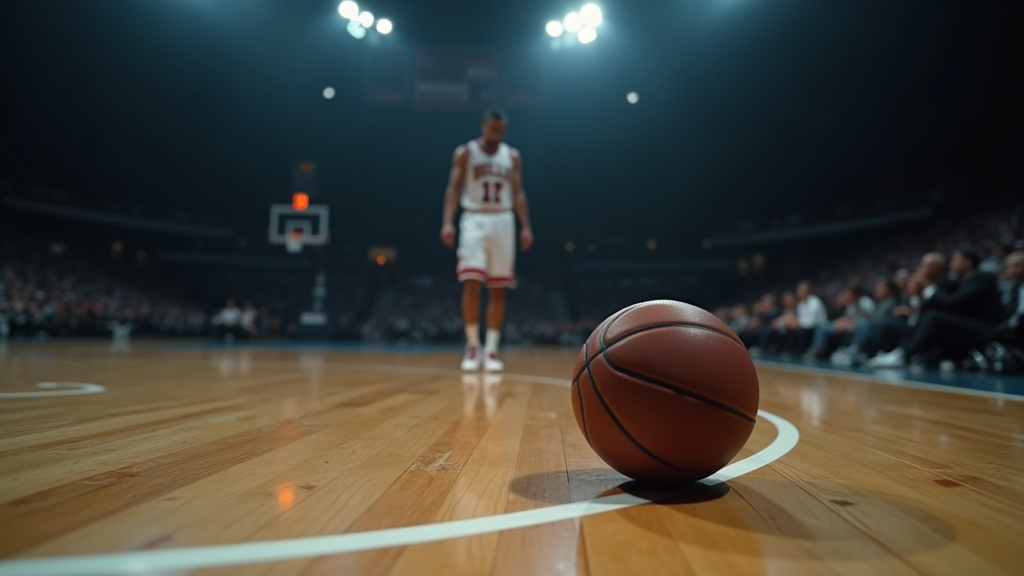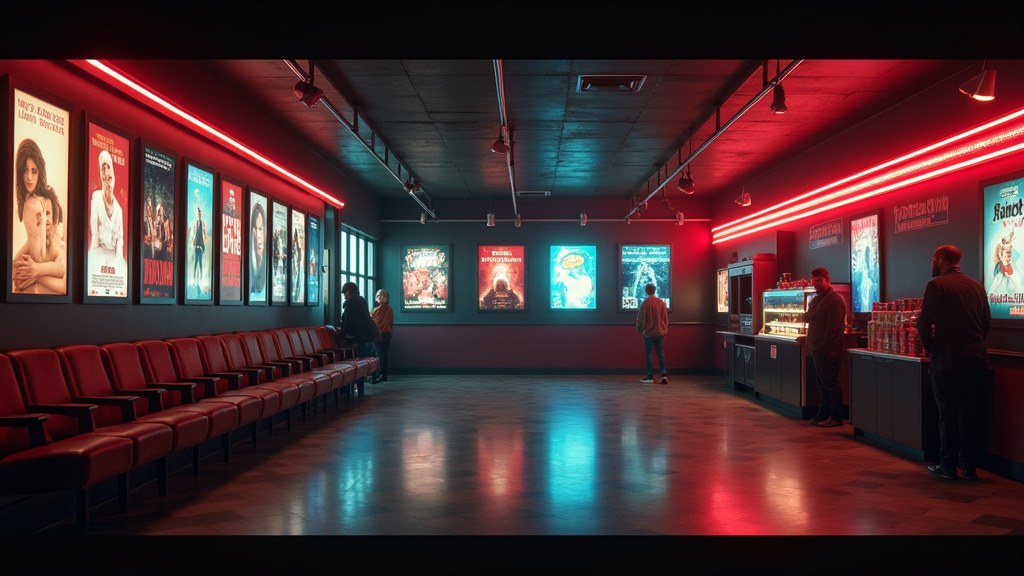SPRINGFIELD, IL – A significant step was taken today in the complex discussion surrounding potential public financing for the Chicago Bears’ ambitious proposed new stadium project near Soldier Field on the lakefront. A key Illinois House committee advanced legislation that could establish the framework for evaluating the team’s request for state and city financial support. House Bill 4567, sponsored by Representative Evelyn Miller, successfully navigated the House Revenue & Finance Committee, passing by a vote of 10-7.
It is crucial to note that House Bill 4567 does not allocate any funds for the stadium project. Instead, its primary purpose is to create a structured process for studying and evaluating the feasibility and potential impact of public contributions to the proposed development. The bill aims to lay the groundwork for understanding the economic implications, financial structures, and potential benefits and drawbacks of using taxpayer dollars for the privately-owned franchise’s estimated $5 billion project.
Bill Details and Committee Deliberation
The passage of HB 4567 through the Revenue & Finance Committee signals a willingness within a portion of the Illinois legislature to further explore the possibility of a public-private partnership for the Bears’ new venue. The 10-7 vote reflects the divided opinions surrounding the issue, highlighting the robust debate expected as the proposal moves through the legislative process. Supporters of the bill emphasized the need for a formal study mechanism to fully understand the proposal’s merits before any funding decisions are considered, framing it as a necessary due diligence step.
During the committee hearing, Chicago Bears President Kevin Warren testified in favor of the bill, emphasizing the significant economic benefits he believes the proposed lakefront stadium project would generate for the state and the city of Chicago. Warren painted a picture of a state-of-the-art facility that would not only serve as the Bears’ home but also attract major events, concerts, and tournaments, boosting tourism and creating long-term jobs. He argued that a public investment, potentially covering up to 30% of the total projected $5 billion cost, should be viewed as an investment in Illinois’ economic future and a catalyst for further development in the surrounding area near Soldier Field.
Arguments For and Against Public Investment
Proponents aligned with the Bears’ vision echoed these sentiments, suggesting that the construction phase alone would create thousands of jobs and generate substantial economic activity. They argued that the increased tax revenues from a new, larger facility, potentially including sales tax, property tax on auxiliary development, and taxes generated by special events, would eventually offset the initial public outlay. The argument centers on the idea that the stadium is not just a sports venue but a central piece of a larger economic development plan for a prime lakefront location.
However, the proposal, and specifically the prospect of taxpayer funding, faces considerable opposition. Opponents voiced strong concerns during the committee hearing, arguing against the principle of using public money to subsidize a multi-billion-dollar privately-owned sports franchise. Critics highlighted that sports team owners are often among the wealthiest individuals, and using funds that could otherwise be directed towards essential public services like education, infrastructure, or healthcare is fiscally irresponsible. They also raised questions about the projected economic benefits, citing studies that often find the economic impact of publicly funded stadiums to be overstated or less beneficial than promised.
Concerns were also expressed about the specific location near Soldier Field on the lakefront, a protected public trust area. Opponents worry about the environmental impact, increased traffic congestion, and the precedent of large-scale private development in this sensitive area. The 10-7 vote underscores these competing perspectives and the political challenges ahead for the stadium proposal.
Next Steps and Future Outlook
The successful passage of House Bill 4567 through the Revenue & Finance Committee is merely an initial hurdle cleared in what is expected to be a lengthy and contentious process. The bill now moves to the full Illinois House for consideration. Should it pass the House, it would then need to be considered by the Illinois Senate and ultimately signed into law by the Governor. Even if the study framework is established, any actual commitment of state or city funds would require separate legislation and likely extensive negotiation among state and city officials, the Chicago Bears organization, and other stakeholders.
The debate is far from over. The Bears’ proposal requires not only legislative approval for potential funding mechanisms but also navigating regulatory processes related to construction and development on the lakefront. The coming months will likely see continued discussions, lobbying efforts, and public debate as the viability of using state and city funds for the estimated $5 billion lakefront stadium project is scrutinized under the framework potentially provided by House Bill 4567. The committee’s vote signifies that the conversation is advancing, but significant challenges and decisions remain before any taxpayer dollars are committed to the ambitious project.



